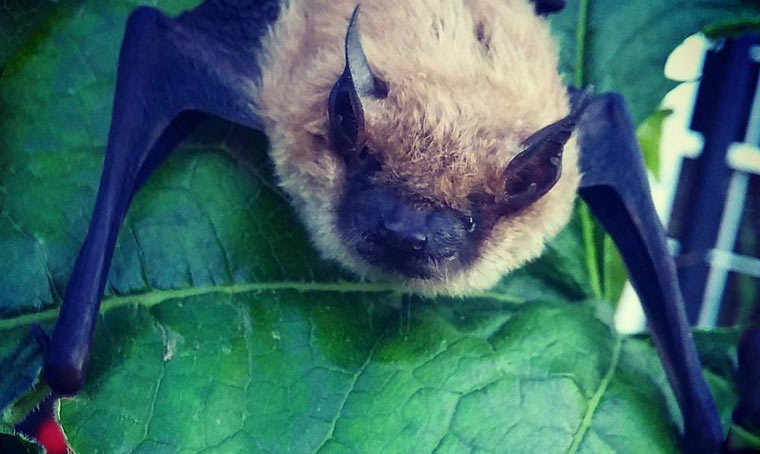-
info@aaanimalcontrol.com
Call us for help in your town
Humane Wildlife Education
Finding and effectively hiring a wildlife control professional
Need wildlife removal in your hometown? We service over 500 USA locations! Click here to hire us in your town and check prices - updated for year 2020.
If you have a wild animal in your home or on your property it is not surprising that you would be a bit disturbed by this. These animals pose a serious risk to you and your family, not only because they are prone to attack you, but also because the waste of these animals can carry a large number of different diseases and parasites that can pose a serious threat to you, your family and your pets. Some of these parasites can lead to death, and so getting them animals off of your land as quickly as possible is extremely important.

While there are steps that you can take to try to rid your property of these creatures, you may find that hiring a professional to resolve this problem for you is the only real option that you have at your disposal. You may find a coyote, fox, racoon, snake, or skunk in the main part of your home, and so waiting is not an option at all.
This means that you are likely to be looking for a professional that can come and remove the animal from your property. The question is how do you find the person that you are looking for? If you want to know how to find an effective wildlife control professional that you can hire to handle this job for you, here are some things to try.
Learn more about professional trapping: What happens to squirrels after they are professional trapped?
The first thing you should do is to contact your local county or city animal control agency. Depending upon the animal that you need to have captured and its physical state, these professionals may be willing to come out and handle this problem for you. There are clearly some animals that pose a serious danger, animals such as coyotes, foxes, and other predators, that make it so that the animal control agency will likely come out to get the animal because they are too dangerous for you to handle on your own.
You are also likely to get the local agency to come out if the animal clearly appears to be ill. If it has something like rabies, and the signs are visible, then they want this animal disposed of as well. If you were to get bitten it could be life threatening and so they will come out to capture and dispose of the animal to keep it from biting you or members of your family.
But what do you do if you cannot get the local animal control to come out and handle this for you? While they may not provide you with the services that you need, that does not mean that they do not know who you can call to handle the problem.
If you call to the county or city agency, they will likely be able to tell you who you should call that can help you with the animal that is on your property. Call them and they will be able to give you a list of names.
For more information, you may want to click on one of these guides that I wrote:
How To Guide: Who should I hire? - What questions to ask, to look for, who NOT to hire.
How To Guide: do it yourself! - Advice on saving money by doing wildlife removal yourself.
Guide: How much does wildlife removal cost? - Analysis of wildlife control prices.
Animals in the attic - read about the common species.
Noises in the attic - how to identify critters by their sounds.


















